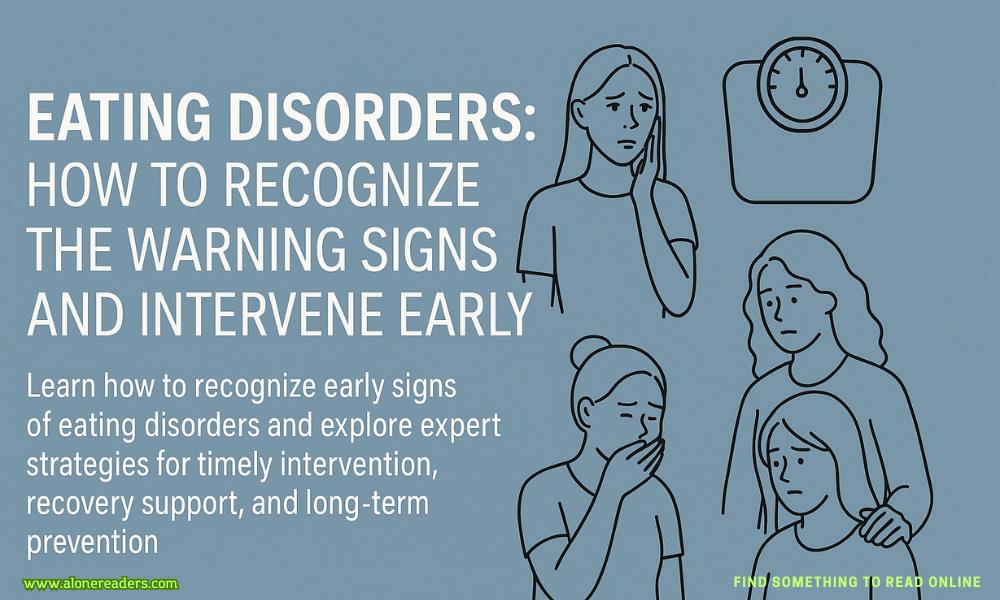Page 19 of The Orphan of Cemetery Hill
A maidservant admitted her, and Mrs. Bishop intercepted them in the front hall, kissing Tabby’s cheeks like she was an old friend, and not acquainted with her son by the strangest of threads.
“It is good of you to come, dear,” Mrs. Bishop said as she led Tabby to an airy parlor appointed with cream-colored drapes and high crown molding. She was dressed in full mourning, her wide black skirts rustling as she seated herself, a brooch quivering with black crepe flowers pinned at her breast. When she caught Tabby taking in these details, she gave her a weak smile. “First Thomas, and then poor Miss Hammond. It feels as if I’ve lost Caleb now, as well.”
Not sure if it was her place but too moved not to, Tabby reached out and patted Mrs. Bishop’s hand. She liked the older woman, her comfortable, motherly demeanor making her easy to talk to. Mrs. Bishop gripped her hand in return.
Tabby didn’t think it wise to tell her that she had seen her son in prison, so she forced a smile. “I’m sure Caleb will be out in no time. He is innocent after all.”
“Yes, I’m sure you’re right. He’s too clever and spirited to stay there long.”
A tawny cat with nicked ears and a crooked tail strode in, planted itself at Tabby’s feet, and began mewing piteously at her. “Mind your manners, Buttermilk,” Mrs. Bishop told the cat. “He must be missing Caleb.”
Tabby eyed the cat, whose coat couldn’t be further in color from its namesake. “Buttermilk?”
“Caleb named him,” Mrs. Bishop said affectionately. “Found him on the street when he was a boy and would not be consoled until I allowed him to keep the mangy creature.”
Buttermilk looked every inch the cat that had gotten the cream, a street Tom who now found himself living in the lap of luxury. Tabby scratched him behind the ears until tea was brought in. She had to force herself not to grab all of the mouthwatering cakes and fancies on the tray by the fistful. As she slowly chewed a fruit tart and Mrs. Bishop poured out the tea, Tabby let her gaze wander around the stylishly papered walls of the parlor. A few somber portraits of men in high, stiff collars, and women with overly large, expressive eyes dotted the walls, interspersed with framed pencil etchings.
“Aren’t those dear?” Mrs. Bishop said, following Tabby’s gaze. “Caleb drew them.”
“Truly?” Putting aside her tea, Tabby stood to look more closely at the etchings. Most of them seemed to be libraries and municipal buildings, but there were a few landscapes, garden scenes bursting with flowers and a lovely sense of movement. They were deceptively simple, executed in economic, confident pencil strokes.
“He’s always sketching away. He’s shy about his artwork, tries to keep it from me. His father didn’t approve,” Mrs. Bishop said, her lips tight, “but now that he’s gone, I thought it would be a shame to keep them hidden.”
Tabby was about to ask where her son had learned to draw like that, when the butler came into the room and cleared his throat expectantly.
“Yes, Larson?”
“Mr. Whitby is here, ma’am.”
It was as if the son of God himself had been announced. Instantly, Mrs. Bishop’s face lost about ten years, all the tension lines smoothing out and her heavy gray eyes lighting up. “Oh, thank goodness,” she said in a flood of relief. Then, as if remembering that Tabby was there, gave her a sheepish look. “Tabby, I hope you don’t mind, but Mr. Whitby was my husband’s partner and our family solicitor. I expect he’s here to discuss Caleb’s release.”
Tabby reluctantly placed her plate down, and stood to leave. But Mrs. Bishop stopped her. “Oh, do stay. It’s so nice to have a young person in the house and it shouldn’t take long. Larson,” she said, “show Mr. Whitby in.”
Larson gave a stiff bow of his head, and disappeared. A moment later a man of middling years in an immaculate navy frockcoat and dark trousers was striding into the room. Buttermilk let out a hiss, and then bolted back out past him.
Unfazed, Mr. Whitby gave Mrs. Bishop a neat bow. Tall and svelte, he looked about the parlor as if he were a wolf assessing prey, but as soon as his sharp gaze landed on Mrs. Bishop, his expression softened and filled with concern.
“My dear Mrs. Bishop.” He bent over and kissed the older woman’s hand. “You must forgive the tardiness of my visit. I came as soon as I heard.”
His words rolled off his tongue like liquid silver, but Mrs. Bishop didn’t seem to notice. “It has been so difficult since Thomas passed,” she said with a heavy sigh. “And now Caleb has been taken away from me, under the most ridiculous of pretenses... As if he could even hurt a fly!”
Mr. Whitby drew back, his expression dismayed, but his eyes flat and unreadable. “Horrible, horrible business. I have not yet had the time to call on the young Mr. Bishop, but rest assured, I shall go as soon as my schedule permits it.”
“He’s been waiting for you,” Tabby said, unable to stop herself. Regardless of how infuriating she might have found him, Caleb was innocent and rotting away in prison, the only thing giving him hope the promise of this illustrious family friend to swoop in and make everything right. And here the man was preening and posturing, claiming that he had not been able to spare one single moment to visit Caleb and put his mind at ease.
At her outburst, Mr. Whitby straightened and slid a cool gaze in her direction. “Indeed? And who might you be? I don’t believe we’ve met.”
“This is Miss Tabby Cooke,” Mrs. Bishop supplied. “An acquaintance of Caleb’s.”
“A pleasure,” he said with another neat bow. Turning his attention back to Mrs. Bishop, he took a seat with a smart flip of his tails. “You know that I will do everything possible to make sure your son is cleared of these most heinous charges.”
Mrs. Bishop’s shoulders slumped in obvious relief. Reaching forward, she took Mr. Whitby’s hand in hers, the crepe flowers at her breast rising and falling with her breath. “Oh, Mr. Whitby, you are indeed good to us. I knew that I could depend on you.”
“How generous of you,” Tabby murmured.
“I could not live with myself if I did not do everything in my power to see the family of my dearest friend and respected business associate cared for in their hour of need.”
Mrs. Bishop’s face shone with hope and gratitude. “You are too good to us,” she said again. “I hope that it will be soon? Every day that my boy is away from me is an eternity. I am so very lonely now that I find myself a widow in this twilight hour of my life.”















